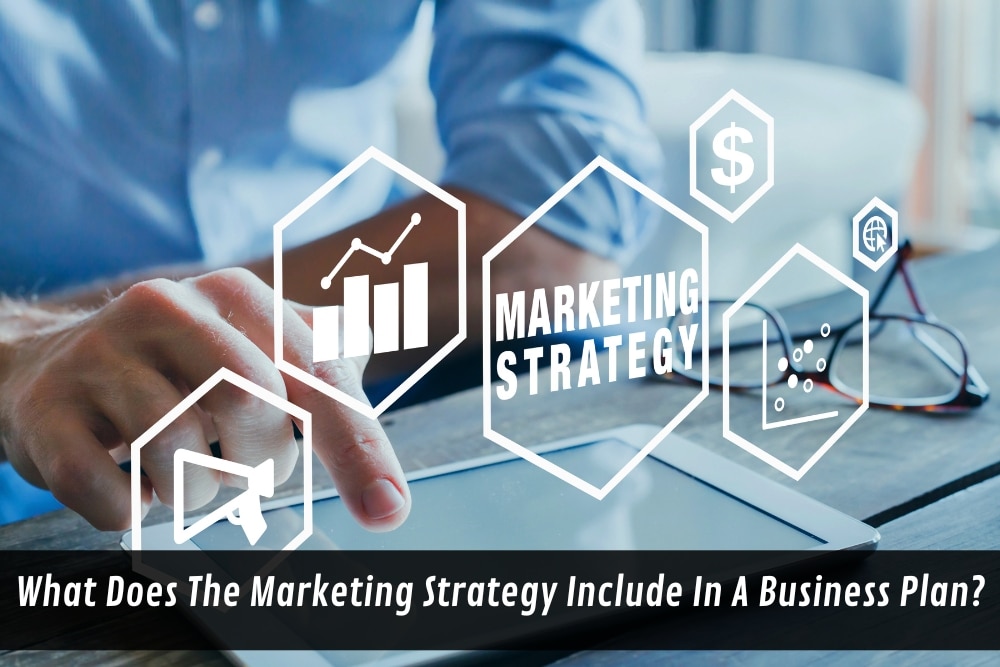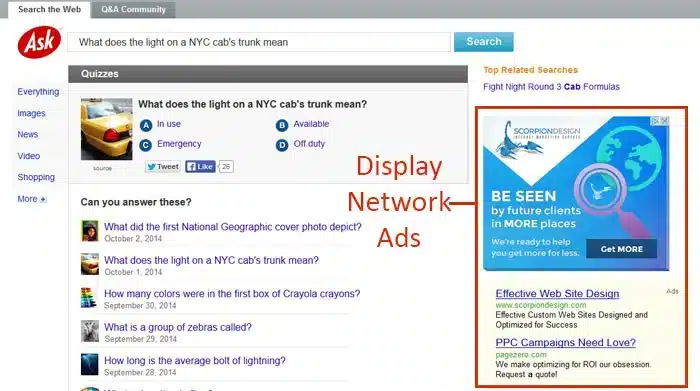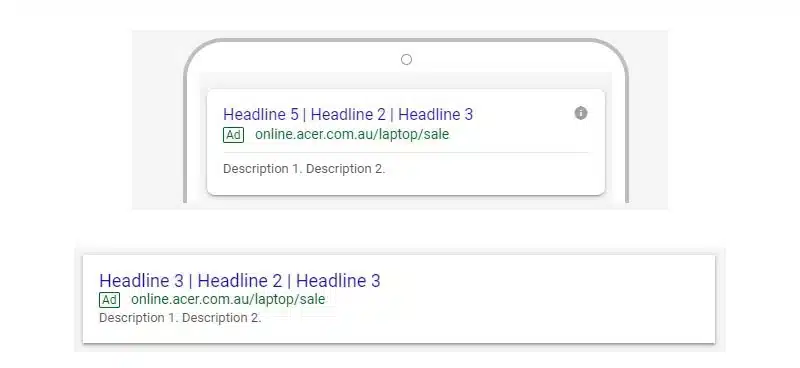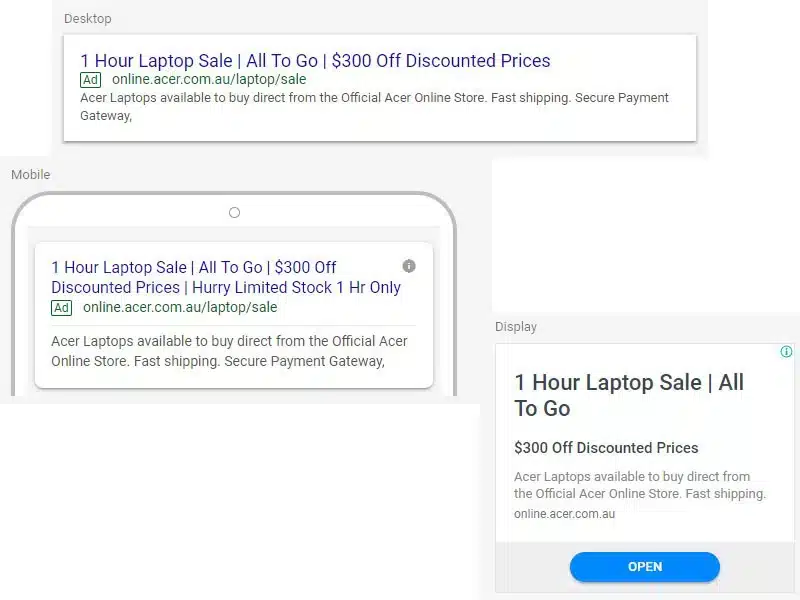Are you trying to create a business plan and want to know more about the marketing strategy included?
Creating a business plan is imperative for launching any successful venture. A marketing strategy is an important part of the overall business plan and needs to be thoroughly thought through and planned. There are lots of elements that go into creating an effective marketing strategy, including setting objectives, budgeting, researching your target market, and measuring results.
Having a detailed marketing strategy is critical if you want to have success in starting or growing your business. This article will discuss what should be included in a comprehensive marketing strategy as part of your overall business plan.
Is there a difference between a marketing strategy and a marketing plan?
A marketing strategy and a marketing plan are different.
A marketing strategy is a high-level plan that outlines the overall approach that a business will take to achieve its marketing goals and objectives. It involves defining the target audience, creating buyer personas, determining the unique value proposition of the product or service, and deciding on the marketing mix that will be used to reach the target audience effectively.
On the other hand, a marketing plan is a more detailed document that outlines the specific actions that will be taken to implement the marketing strategy. A marketing plan includes a detailed timeline, budget, and specific tactics that will be used to execute the marketing strategy. It involves deciding on the specific marketing activities that will be carried out, setting specific goals and objectives for each activity, and outlining the metrics that will be used to measure the success of the marketing plan.
In summary, a marketing strategy is a high-level plan that outlines the overall approach that a business will take to achieve its marketing goals and objectives, while a marketing plan is a more detailed document that outlines the specific actions that will be taken to implement the marketing strategy.
What is the purpose of marketing strategy?
The purpose of a marketing strategy can be enumerated as follows:
- To create a comprehensive marketing plan that aligns with business goals and objectives.
- To identify the target customer and develop detailed buyer personas to tailor marketing efforts.
- Select appropriate marketing channels and tactics to reach potential customers effectively.
- To develop and execute marketing initiatives and campaigns that increase brand awareness and build a loyal customer base.
- To optimise marketing efforts using search engine optimisation (SEO) and other marketing techniques to improve visibility and reach.
- To create marketing materials and content that resonate with the target audience and reflect the brand’s values.
- To monitor market trends and conduct a competitive analysis to stay ahead of the competition.
- To leverage social media marketing channels to engage with customers and increase brand awareness.
- To create a social media marketing plan that aligns with business goals and objectives.
- To incorporate user-generated content to build trust and credibility with the target audience.
- To create an effective content strategy that resonates with the target audience and drives engagement.
- To develop a comprehensive marketing plan that incorporates a range of marketing tactics to achieve business objectives.
- To use search engine marketing to increase visibility and reach potential customers.
- To develop a successful marketing strategy that increases market share and enhances the customer experience.
- To use buyer personas as a business planning tool to guide marketing efforts.
- To create a planning process that is flexible and adaptable to changes in the business environment.
- To establish a strong social media presence that reflects the brand’s values and engages with the target audience effectively.
Overall, the purpose of a marketing strategy is to create a roadmap for a business to achieve its marketing goals and objectives, increase brand awareness, build a loyal customer base, and stay ahead of its competitors.
In what way does a marketing strategy align with your overall business plan?
A marketing strategy aligns with an overall business plan by providing a detailed plan for achieving the marketing goals and objectives of the business. The marketing strategy should be developed with consideration for the business goals and objectives, taking into account the target market, product or service offering, and overall brand positioning.
By aligning them with the business plan, a business can ensure that marketing efforts are focused on achieving the objectives outlined in the business plan. It should include a range of marketing activities and tactics that are designed to attract and retain customers, increase sales, and enhance the customer experience. This could include activities such as search engine optimisation, content marketing, social media marketing, and user-generated content.
Overall, a marketing strategy should be an integral part of the overall business plan, providing a clear roadmap for achieving the marketing objectives of the business in a way that is aligned with its overall goals and objectives. By ensuring that the marketing strategy is integrated with the overall business plan, a business can maximise its marketing efforts, achieve its business objectives, and stay ahead of its competitors.
What are the best strategies for creating successful marketing campaigns?
There are several strategies that businesses can use to create successful marketing campaigns. Here are some key strategies to consider:
- Define your target audience: Before starting any marketing campaign, it’s important to clearly define your target audience. This will help you tailor your messaging and marketing tactics to resonate with your ideal customer.
- Set clear goals and objectives: It’s important to set clear goals and objectives for your marketing campaign. These goals should be specific, measurable, achievable, relevant, and time-bound (SMART). This will help you track your progress and make data-driven decisions throughout the campaign.
- Develop a unique value proposition: To stand out in a crowded marketplace, it’s important to develop a unique value proposition that clearly communicates the benefits of your product or service to your target audience.
- Create engaging content: To capture the attention of your target audience, you need to create content that is engaging, informative, and valuable. This could include blog posts, videos, infographics, social media posts, and more.
- Leverage multiple channels: To reach your target audience effectively, it’s important to leverage multiple marketing channels. This could include email marketing, social media marketing, search engine marketing, content marketing, and more.
- Test and optimise: To ensure the success of your marketing campaign, it’s important to test and optimise your marketing tactics. This will help you identify what’s working and what’s not, and make adjustments accordingly.
- Measure and analyse results: To evaluate the success of your marketing campaign, it’s important to measure and analyse your results. This will help you understand the impact of your marketing efforts and identify opportunities for improvement.
By following these key strategies, businesses can create successful marketing campaigns that effectively reach their target audience, drive engagement, and achieve their marketing goals and objectives.
In summary, a marketing strategy is a critical component of any business plan. It outlines the overall approach that a business will take to achieve its marketing goals and objectives. A strong marketing strategy helps businesses align their marketing efforts with their overall business goals and objectives, and ultimately drive growth and success. By including a well-defined marketing strategy in their business plan, businesses can position themselves for long-term success in their respective industries.
Call us today to learn more about how we can help you develop an effective marketing strategy for your business.








